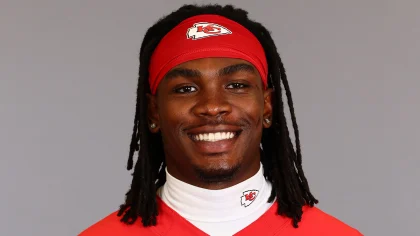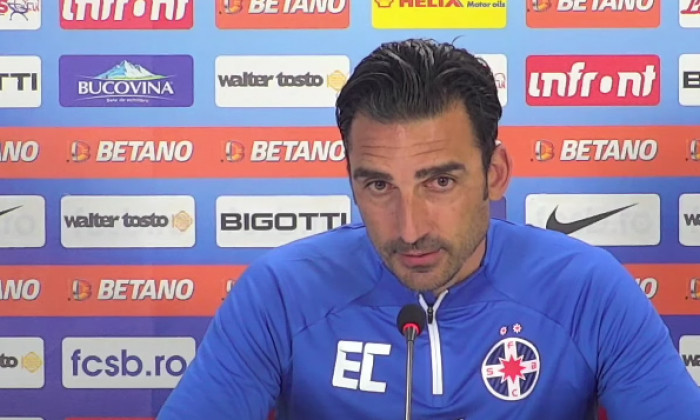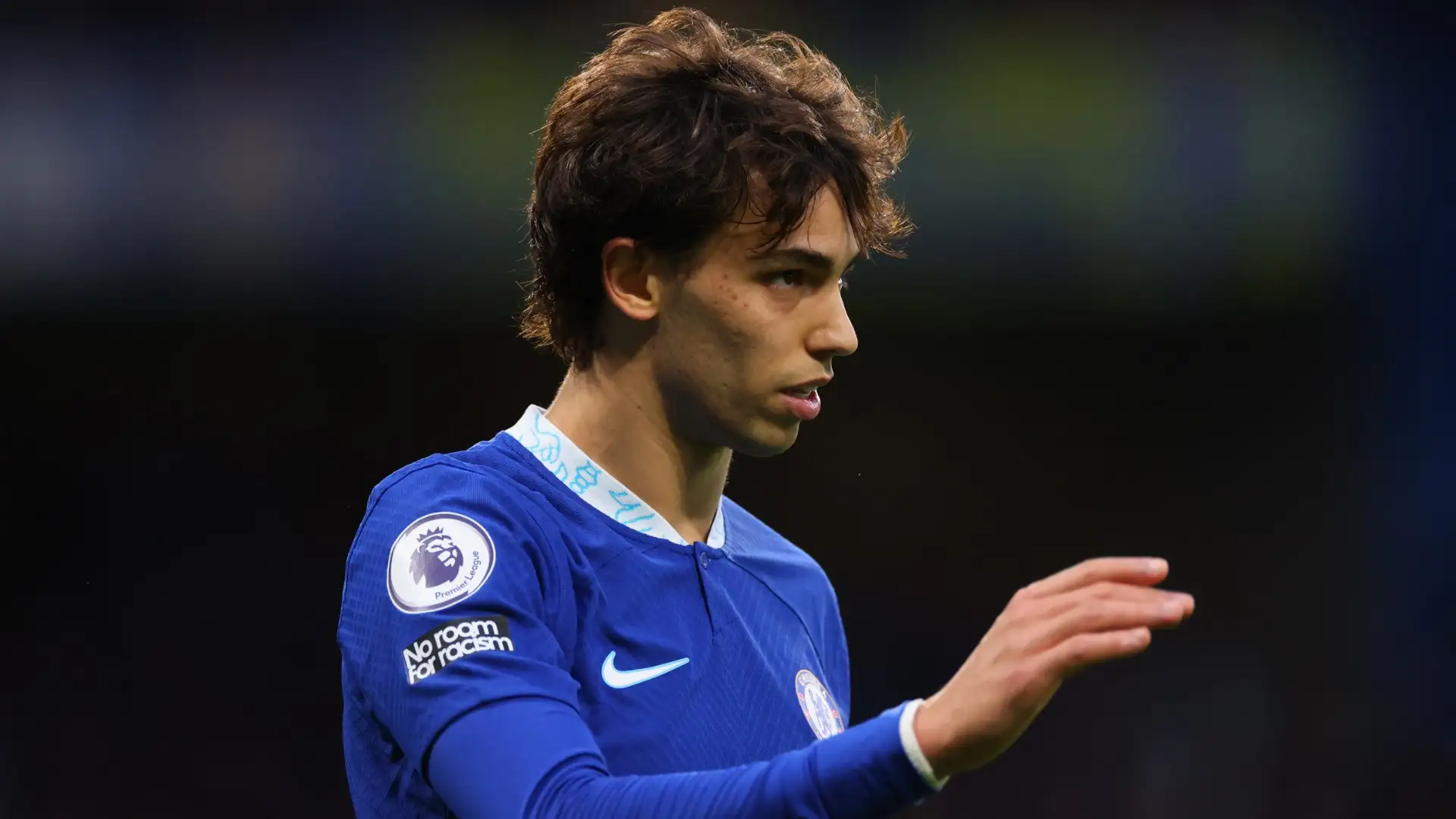
The Kansas City Chiefs, reigning Super Bowl champions, are currently in the spotlight for off-field issues. This week, the team released defensive lineman Isaiah Buggs following his second arrest of the offseason, raising concerns about the balance between talent and ethical considerations in professional sports.
Buggs, a journeyman in the NFL, joined the Chiefs’ practice squad in January after playing for the Steelers and Lions. Over six seasons and 56 games, he amassed a modest 89 tackles and two sacks. His prospects for significant playing time were already slim, given the Chiefs’ re-signing of defensive stars Chris Jones and Mike Danna. Buggs’ recent arrests for animal cruelty, domestic violence, and burglary made his release almost inevitable.
In contrast, wide receiver Rashee Rice remains with the team despite facing severe legal troubles. Rice was charged with eight felonies after a high-speed crash in April involving six vehicles. Despite this, he has participated in offseason activities while awaiting a potential suspension from the league.
Rice’s talent has shielded him from immediate dismissal. In his rookie season, he caught 79 passes for 938 yards and seven touchdowns, becoming a key target for quarterback Patrick Mahomes. His postseason performance further cemented his importance, adding 26 catches for 262 yards and a touchdown in four playoff games.
The Chiefs’ decision to retain Rice, despite his legal issues, has sparked controversy. Head coach Andy Reid is familiar with such dilemmas, as his son Britt Reid recently completed a prison sentence for a DUI accident that severely injured a 5-year-old girl. Britt Reid’s history includes incidents of road rage and another DUI, making his release to house arrest contentious and drawing criticism from the victim’s family.
The Chiefs are not the only AFC West team dealing with the consequences of players’ off-field actions. Former Raiders receiver Henry Ruggs is serving a 3-10 year sentence for a DUI crash that resulted in a fatality. Such incidents highlight the broader issue of accountability in the NFL.
Rice has a history of getting into trouble beyond his DUI charges. In early May, he was accused of assaulting a photographer outside a Dallas nightclub, although the charges were eventually dropped. These repeated incidents raise questions about his remorse and the message the Chiefs are sending by keeping him on the roster.
While the Chiefs celebrate back-to-back Super Bowl victories, ethical questions surrounding their personnel decisions persist. Cutting Buggs, a less impactful player, was straightforward. However, retaining Rice, whose talent significantly contributes to the team’s success, presents a more complex moral dilemma.
The Chiefs have a deep roster, including new additions like Texas speedster Xavier Worthy and veteran Hollywood Brown, making Rice’s continued presence even more contentious. Given Mahomes’ prowess, the team could succeed without Rice, yet they choose to keep him, prioritizing talent over ethics.
Ultimately, the Chiefs’ situation reflects a broader issue within professional sports: the conflict between winning and maintaining a moral compass. The release of Buggs versus the retention of Rice starkly highlights the disparity in treatment between players based on their on-field value.



